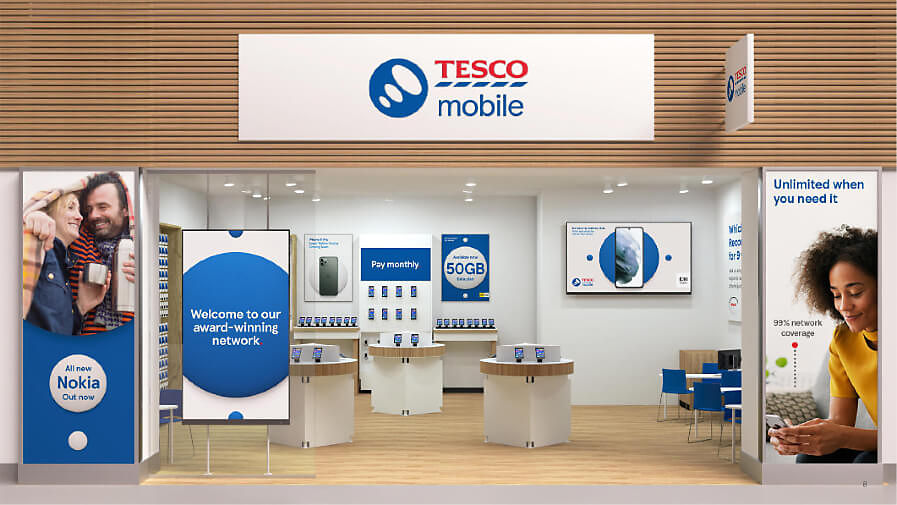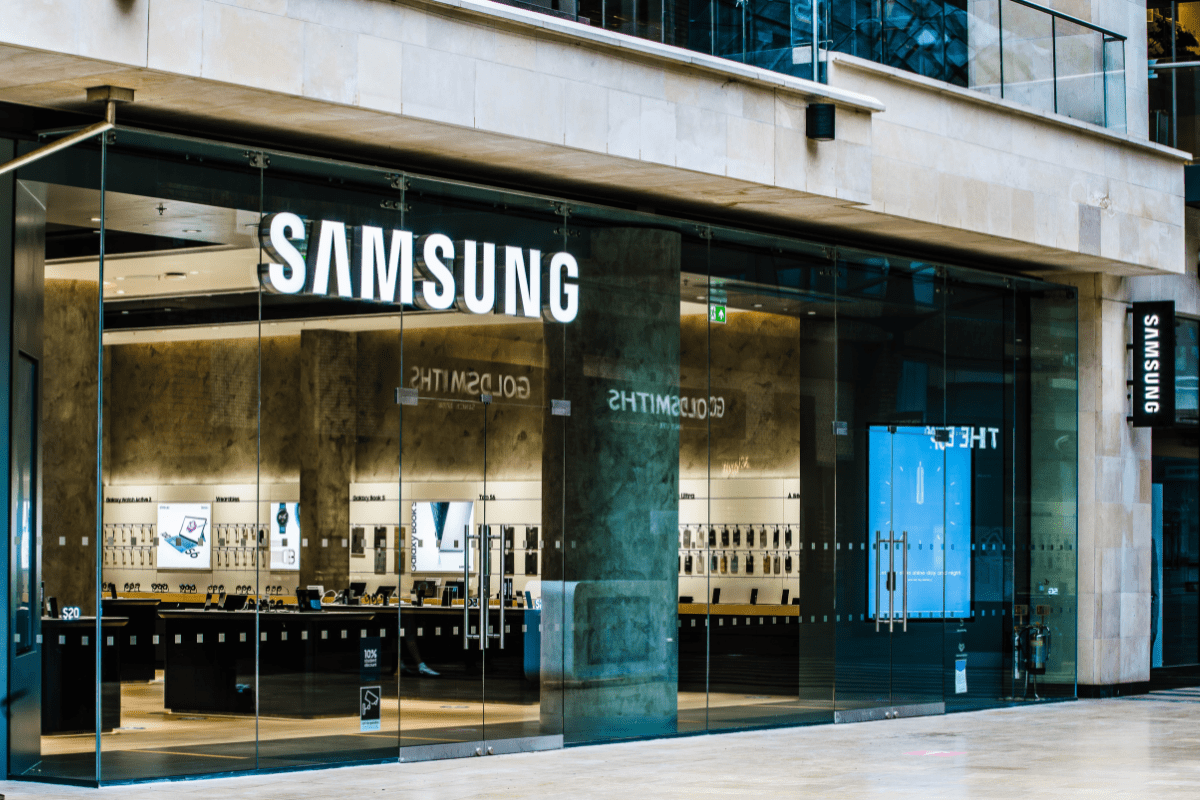Viewpoint: #TimesUp for the tech industry too
- Wednesday, January 10th, 2018
- Share this article:
 This weekend was the Golden Globe awards, marking the kick off of ‘awards season’ in the entertainment world, and also the first major award show since the industry was rocked by multiple sexual harassment and abuse scandals. As a show of solidarity with those affected, the majority of attendees wore black, and stars walked the red carpet with activists, giving them a platform to speak to the world about the important issues facing women in all walks of life.
This weekend was the Golden Globe awards, marking the kick off of ‘awards season’ in the entertainment world, and also the first major award show since the industry was rocked by multiple sexual harassment and abuse scandals. As a show of solidarity with those affected, the majority of attendees wore black, and stars walked the red carpet with activists, giving them a platform to speak to the world about the important issues facing women in all walks of life.
Meanwhile, just over four hours drive away in Las Vegas, the organisers for this year’s Consumer Electronics Show were putting the final touches to preparations, and unfortunately demonstrating that once again, the tech world is sadly failing when it comes to establishing fair and equitable treatment for women. One of the premier annual gatherings of the tech industry, CES had no keynote sessions led by women throughout its entire program, despite attempting to portray itself as a more inclusive event.
As one of the most hardware-focused large tech gatherings on the calendar, CES has long been known for its ‘tech bro’ attitude. While anecdotal evidence would suggest that female attendance is improving, there are no official stats on what portion of attendees are women. When looking at the list of keynote speakers, however, it’s clear that men have maintained their stranglehold on the upper levels of the tech world.
CES had already been criticised by executives from firms including Twitter for its keynote speaker lineup for 2018, and despite supposedly making a concerted push to diversify its list of speakers, it still ultimately failed to find a high-ranking female executive to make a single individual keynote address.
On top of the lack of representation at the show’s higher levels, there is the more worrying fact that the show has also failed to create a code of conduct for attendees and presenters, something that many other conferences in the tech sphere and beyond have adopted. Common rules within these codes include guidelines for more inclusive language in presentations, and requirements that attendees wear name tags to all events, including after-hours sessions, to deter misconduct and harassment.
The lack of action by the Consumer Technology Association (CTA), which runs CES, is hardly surprising. Back in 2012, Gary Shapiro, president and CEO of CTA, drew criticism over his comments on ‘booth babes’, the scantily-clad women used by vendors in an attempt to draw in crowds. Shapiro called the practice “a little old school, but it does work. People naturally want to go towards what they consider pretty”, and in a later statement, shifted responsibility to the vendors, saying that “I don’t decide the gender or manner of dress of people in CES exhibitor booths”.
Karen Chupka, senior vice president for CES and corporate business strategy at CTA, went one step further, saying that the main problem was the media’s use of the term ‘booth babe’ to describe the women working at the booths, and that body-painted models dressed in pasties and thongs didn’t violate the event’s basic decency policy because they constituted “art”. Despite other tech shows of similar scales effectively banning ‘booth babes’ as far back as 2012, CES continues to defer to exhibitors when it comes to making any kind of change.
That same shift in responsibility can be seen this year, with Chupka writing that keynote speakers must be of president or CEO level at large firms with name recognition in the industry, and “as upsetting as it is, there is a limited pool when it comes to women in these positions.” But that kind of circular logic will lead the industry into a vicious cycle. If women and other marginalised people are not given opportunities to demonstrate their capabilities and, more importantly, share their perspectives at these large-scale gatherings, their voices will not be heard in the same way as their white male counterparts, and they are less likely to achieve any kind of equity in the industry.
The action at the Golden Globes wasn’t just about dressing to a theme and bringing a few topical guests. It was also about exposing the inequalities in the entertainment industry, as demonstrated when Natalie Portman pointed out that every Best Director nominee was male, and about raising awareness of the Time’s Up Legal Defence Fund. This new initiative, launched by over 300 women who work in the film, television and theatre industries, aims to subsidise legal support for individuals who have experienced sexual harassment or related retaliation in the workplace, as well as advocating for improvements in laws, employment agreements and corporate policies.
While the harassment scandals that surrounded the entertainment industry perhaps drew the biggest headlines, the tech industry can hardly claim to be free from controversy. Most notably, many of Uber’s issues last year can be traced back to Susan Fowler’s claims of a toxic culture of sexism at the firm, and the company’s subsequent bungled response. Multiple high-level tech figures have stepped down from roles following allegations of sexual misconduct, inappropriate behaviour and harassment, and nearly 80 per cent of female tech founders report either having been sexually harassed or have known someone who was in the workplace.
These kind of incidents and damning figures should prompt the tech industry to take a long hard look at itself in the mirror and make significant changes, including a concerted push for more women and other marginalised people in leadership roles, more female leadership in venture capital firms, and stronger sexual harassment policies and reporting frameworks at every level.
Instead, we have asinine reactions like James Damore, author of the notorious ‘anti-diversity’ memo, suing his former employers Google and claiming that white male conservative employees are “ostracised, belittled, and punished” at the firm.
And the CTA? It has issued an open letter, saying that it will “redouble our efforts to expand women’s voices throughout the conference and as featured speakers”, but has called the search of women in leadership roles “a challenge”. Make of that what you will.
















